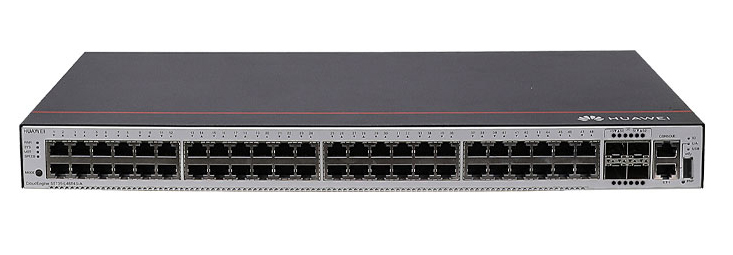































 YakubovAlim/Getty Images
YakubovAlim/Getty Images Yep, I'm one of those people.
At any given moment, I might be using Linux, MacOS, Android, or ChromeOS.
Because of my regular OS-hopping behavior, I often have a need to transfer files between each of them.
One of the more challenging transfers is between Android and MacOS. It's not really all that hard; you just have to know the right app to use.
I'm going to show you which app and how to make it work.
Also: The 7 best Android phones
Shall we?
To make this work, you'll need the following:
I'll demonstrate with Android 13 on aPixel 7 Pro and aMacBook Pro M1 .
Open your default MacOS web browser and download the Android File Transfer application.
Double-click the AndroidFileTransfer.dmg file in your downloads directory to open the installer.
When the installer window opens, drag the Android File Transfer icon to the Applications icon.
Also: How to mirror your Android to a TV -- 3 easy ways
After that, close the installer window, and you're ready to transfer files.
Installing Android File Transfer is as simple as dragging the app icon to the folder icon.
Screenshot by Jack Wallen/The first thing to do is connect your Android device to the MacOS device with a USB cable. When you do, you should see a notification that states "Charging this device via USB." Tap to expand that notification and then press Tap For More Options. In the resulting page, tap File transfer / Android Auto.
Configuring Android USB connection for File transfer.
Screenshot by Jack Wallen/Once connected, you may see a pop-up asking you to allow the accessory to connect. Click Allow.
You may be prompted to allow the connection between your Android phone and MacOS device.
Screenshot by Jack Wallen/Next, open the Launchpad on your dock, search for Android File Transfer, and click the icon to open the app. When the Android File Transfer app opens on MacOS, you'll see a single window with the directory structure of your Android device.
My Pixel Pro 7 directory hierarchy.
Screenshot by Jack Wallen/You will then have to open a Finder window. With Finder open, navigate to the folder you want to house the transferred file. Next, navigate within the Android File Transfer app to find the file you want to transfer to MacOS. Once you've found the file, click and drag it into the Finder window, and the file will copy into the folder.
You can do the same to transfer files from MacOS to Android by dragging them from Finder into the destination folder within the Android File Transfer app.
Also: 4 ways Windows people get MacOS wrong
Once you've finished transferring files to or from Android, make sure to close the Android File Transfer app.
The whole Android-to-MacOS File Transfer experience isn't flawless. On a number of occasions, I have found after disconnecting my phone that when I go to attempt another connection, I have to restart my MacBook before the connection can be made. I've yet to find a solution to this issue. But even with this caveat, Android File Transfer is one of the easiest ways of transferring files from your Android device to MacOS without having to go through an intermediary like Google Drive.
 Tags quentes :
Serviços & Software
Sistemas Operacionais
SO móvel
Tags quentes :
Serviços & Software
Sistemas Operacionais
SO móvel